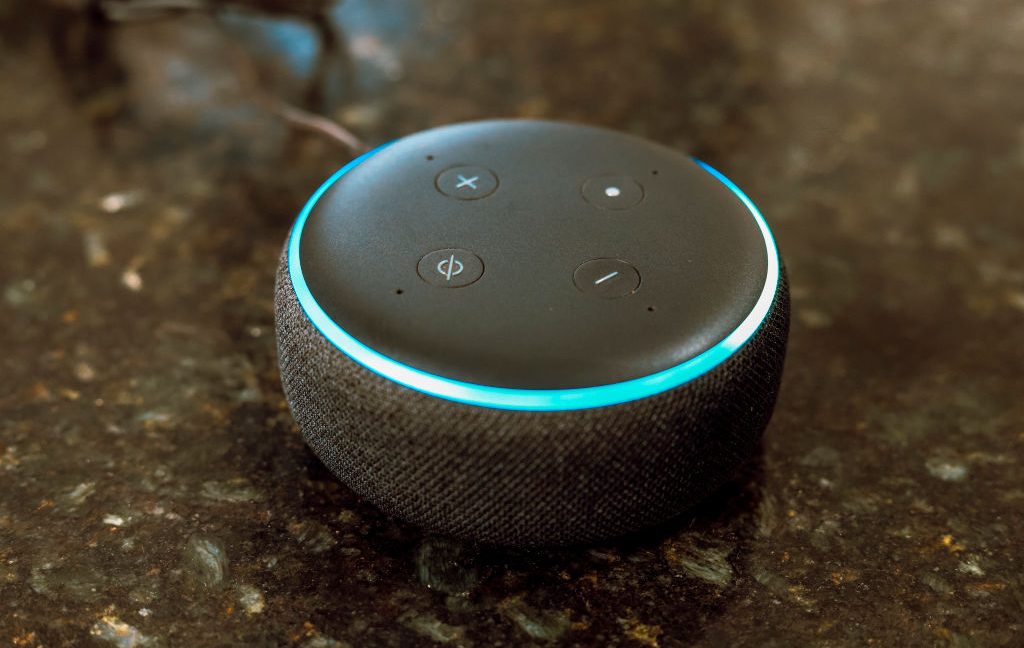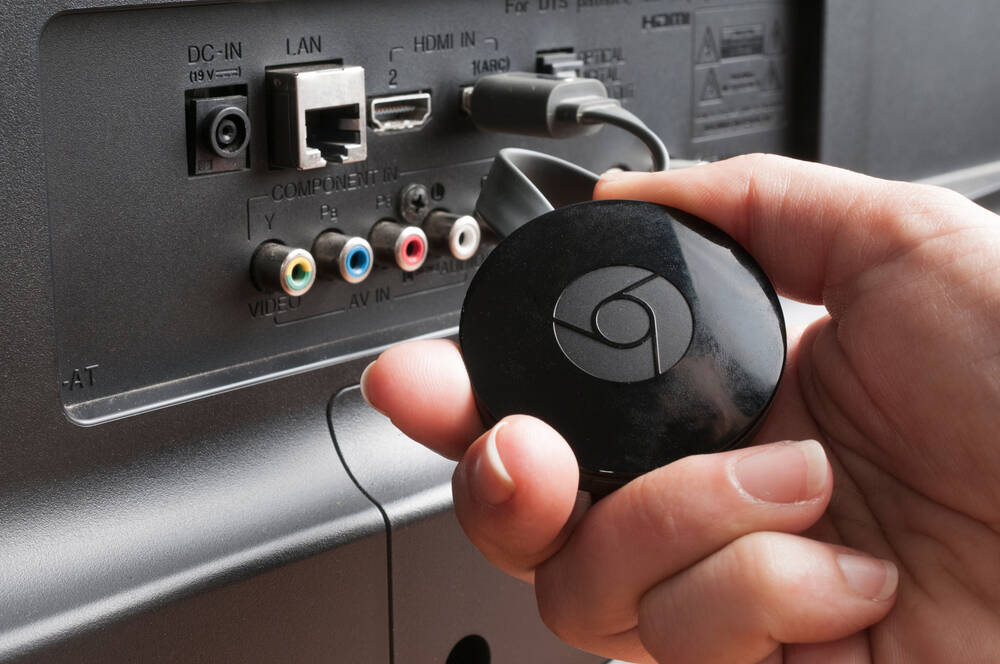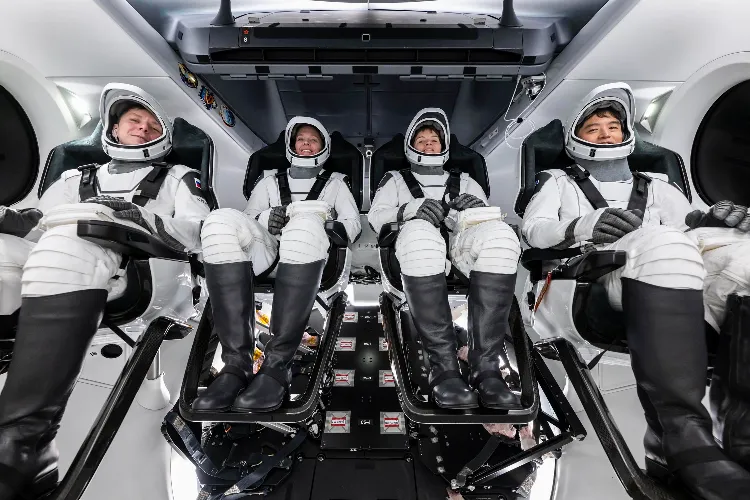- TECHSWU
- Posts
- TECHSWU
TECHSWU


Starting March 28, Amazon will begin sending every command you utter to your Echo devices straight to its cloud, effectively sidelining the “Do Not Send Voice Recordings” feature. This change comes as the tech giant gears up for its new Alexa+ subscription service, which boasts advanced features like Voice ID to personalize user experiences.
However, the push for innovation comes with privacy sacrifices; users who opt out of sending voice recordings will find Voice ID disabled. Many may feel uneasy about Amazon potentially listening in on their private conversations, especially given past privacy missteps—including retaining recordings from children's interactions and allowing employees to review audio samples.
While Amazon reassures that recordings are encrypted and can be deleted post-processing, the real choice users face is stark: compromise on privacy for enhanced functionality or forgo advanced features entirely. With Alexa+ being Amazon's ambitious play to revive profitability, the stakes are higher than ever.

Elon Musk's ambitious initiative, the Department of Government Efficiency (DOGE), is making waves in the Bay Area's tech scene, particularly for the young talent eager to carve out their future careers. As tech whizzes in their teens and early twenties dive into this groundbreaking project, they're grappling with more than just legislative hurdles; they’re caught in a whirlwind of political controversy, as opponents question the legality and constitutionality of DOGE's mission to cut wasteful government spending.
As these emerging professionals hone their skills in an environment fueled by innovation and disruption, the experience could shape their career trajectories—potentially unveiling pathways to leadership roles or spurring entrepreneurial ventures.


In an unexpected blunder, Google has left many Chromecast and Chromecast Audio users in the lurch after an expired security certificate caused their devices to cease functioning. Gamers and streamers alike are facing the dreaded "untrusted device" error, rendering casting to TVs impossible.
Google's advice? No factory resets! They’ve recognized the issue, attributing it to a certificate lapsed on March 9, 2025, and are working on a fix. Users are left scrambling for alternatives, with some tech-savvy folks proposing a workaround by adjusting their phone date, although success is hit-or-miss.
As frustration mounts, Google reassures that updates will be rolled out soon to restore functionality. While some conspiracy theorists speculate this might be a ploy to push users toward newer products, there’s no solid evidence to confirm such claims.

In the tech landscape, the promise of AI-driven gadgets is crumbling under the weight of unmet expectations. Major companies like Apple and Amazon have pivoted their focus to AI features, yet the technology remains underwhelming and half-baked.
Apple’s much-hyped Apple Intelligence, intended to transform devices like the iPhone 16, has failed to materialize as a groundbreaking upgrade, with Siri still deficient in capability. Meanwhile, Amazon’s Alexa has stagnated, with new iterations lacking innovative hardware.
As tech firms chase the dream of AI supremacy, they neglect the immediate needs for tangible improvements in their gadgets. The result? A lackluster product cycle and an entire generation of devices stuck in limbo, waiting for software to catch up.
Instead of waiting for an AI revolution, the industry should refocus on practical innovations that enhance everyday technology, offering consumers real improvements and captivating experiences right now.

DeepSeek, a rising AI startup in China, has recently been designated a "national treasure," a status igniting both pride and concern. In a bid to protect sensitive information and trade secrets, the company has confiscated the passports of key engineers, imposing travel restrictions to prevent potential data leaks.
This drastic move comes as DeepSeek's AI model, R1, has skyrocketed in popularity, surpassing global competitors like OpenAI and Google DeepMind. However, with its rapid success arise fears over data security and government oversight, drawing scrutiny from the U.
S., EU, and India regarding the potential risks of Chinese AI handling user data.
As DeepSeek cements its position on the world stage, questions linger about the balance between innovation and security, making it a focal point in the global AI landscape.
In a bold move, Trump’s administration is ramping up its antitrust battles against Big Tech, targeting heavyweights like Google, Meta, Amazon, and Apple. Despite this aggressive stance, a surprising shift is underway regarding artificial intelligence (AI) regulation.
The Justice Department has expressed a willingness to allow Google to maintain its AI investments even amid ongoing legal battles, signaling a more lenient approach towards AI growth—aimed at outpacing China in this technological race. Trump's FTC chair, Andrew Ferguson, emphasized a departure from the leniency of previous administrations, indicating that while they’ll challenge harmful mergers, they’re ready to step back from strict AI mandates.
This blend of combative antitrust actions and a relaxed regulatory posture on AI shows an intriguing, populist pivot in Republican policy. As trials loom, the tech world watches closely, speculating on how this dynamic will reshape Silicon Valley and its future.

SpaceX's Crew-10 mission successfully docked with the International Space Station (ISS), marking a significant step towards bringing NASA astronauts Sunita Williams and Butch Wilmore home. After months stranded in orbit due to Boeing’s Starliner technical issues, the duo is set to reunite with their colleagues aboard the ISS.
Launched from Texas, the Crew-10 Dragon capsule carried four other astronauts—Anne McClain, Nichole Ayers, Takuya Onishi, and Kirill Peskov—who will join Williams and Wilmore for a brief period before their highly anticipated return to Earth. Despite previous delays and scheduling changes, including a push from former President Donald Trump to expedite their journey home, the Crew-10 mission is now on track, with the astronauts expected to begin their return flight in the coming days.
Excitement builds as these space explorers prepare to close this chapter of their extraordinary journey.